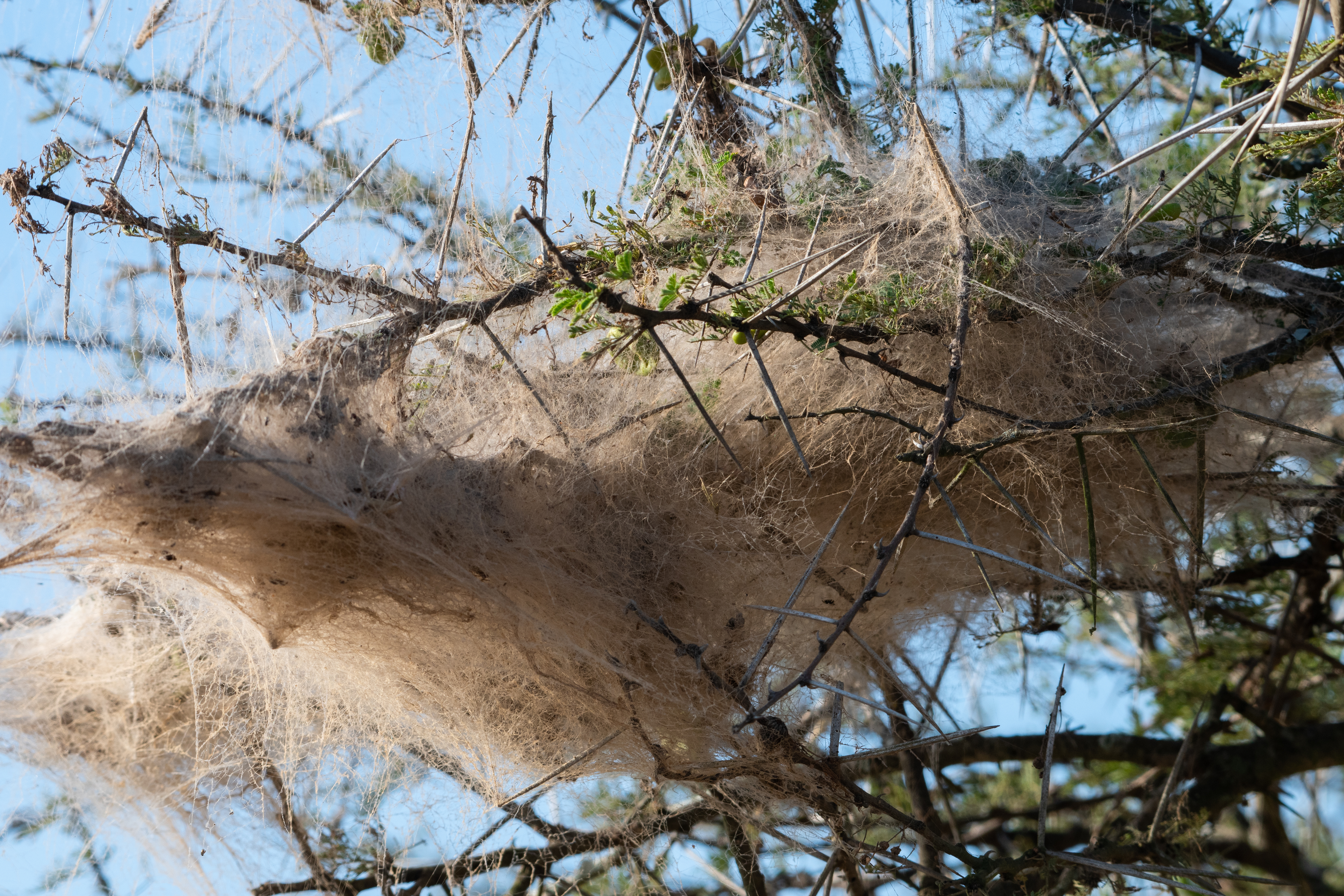Life on Earth is a rich and beautiful thing. But there’s a lot that is changing and even fraying thanks to the effect that human-caused habitat loss and global warming are having on the environment. As more and more species vanish, researchers have found new ways to track environmental DNA, and it’s all because of spiderwebs.
Sure, spiderwebs might be annoying to run into in the wild, but what if I told you that the web you’re contemplating tearing down with your hands is actually a treasure trove of environmental DNA that could teach researchers more about the world?
What’s even more intriguing is that this is an exceptionally low-cost and noninvasive tool that doesn’t require us to set up expensive equipment and further mess with the environment we’re trying to study. Scientists published new research on how spiderwebs can be used to learn more about environmental DNA in Science.

Learning more about environmental DNA through spiderwebs will make it much easier for researchers to learn more about inhospitable environments, especially if we’re talking about places where endangered species reside. Moving in and out of these areas to install expensive equipment can mess with the environment.
By using spiderwebs to learn more about environmental DNA, though, we can learn more about those areas with less intrusive means, which is something that scientists have long hoped for, as it creates a more controlled environment without as much human intervention and interruption.
But spiderwebs aren’t the only way we can learn more about the environments of different animals. Scientists have also used guts, blood meals from leeches, and even eDNA from flowers, leaves, and even water. These spiderwebs provide another great outlet we can use to learn more about our planet and the species that reside in it.
And maybe along the way, we’ll uncover even more undiscovered spiders.








